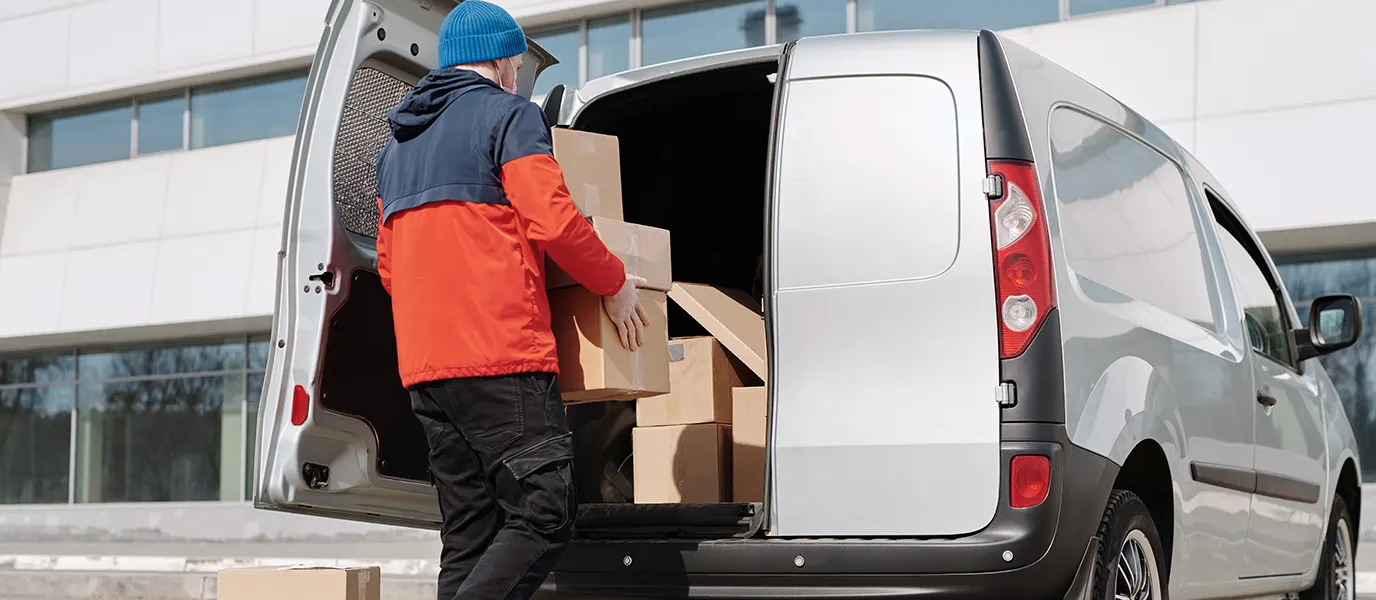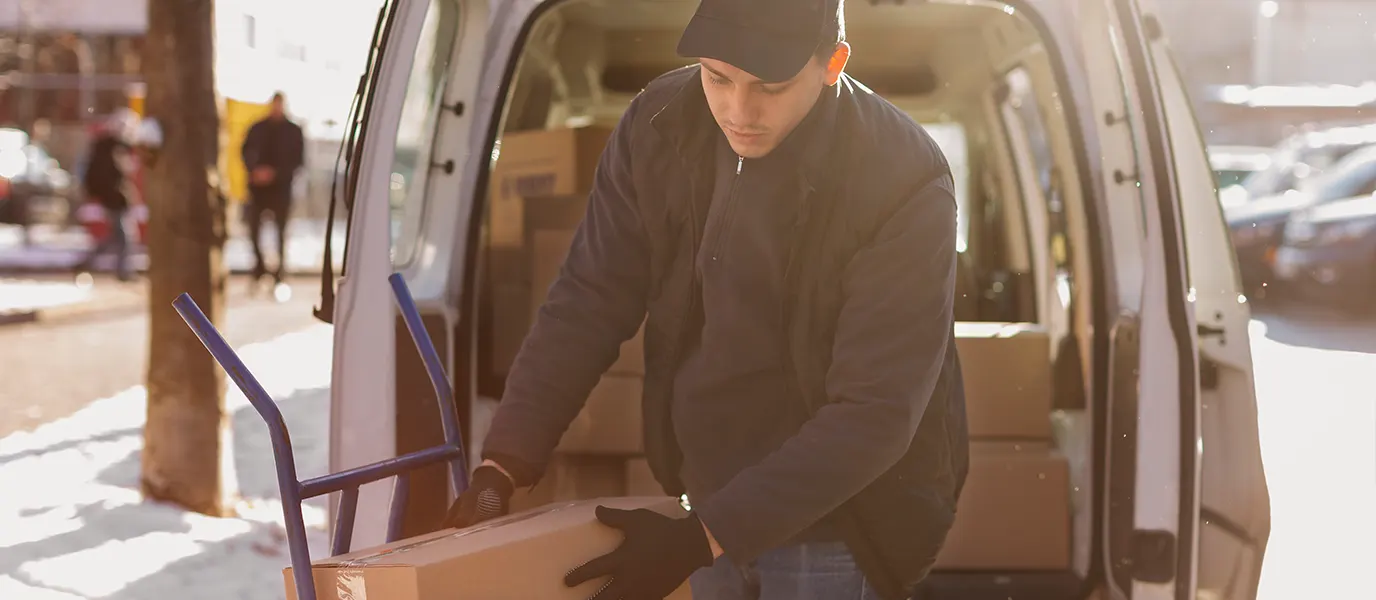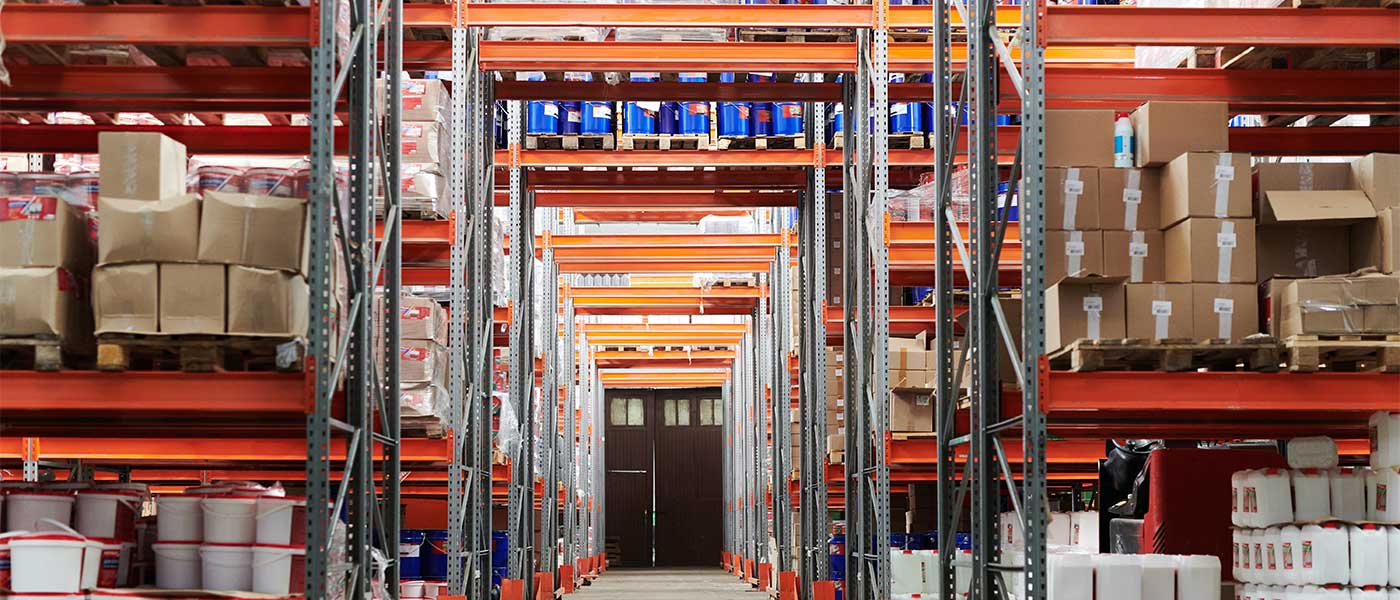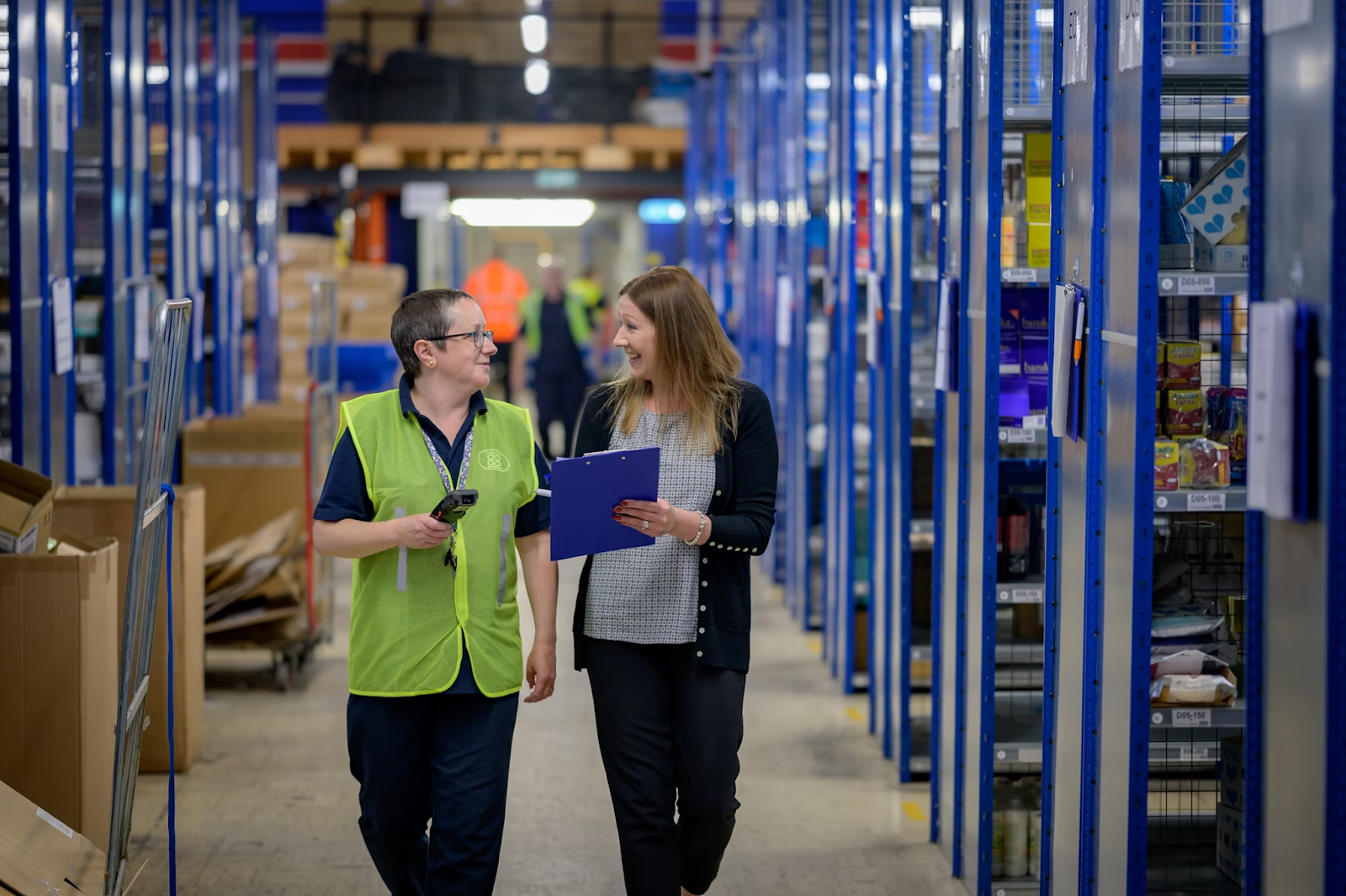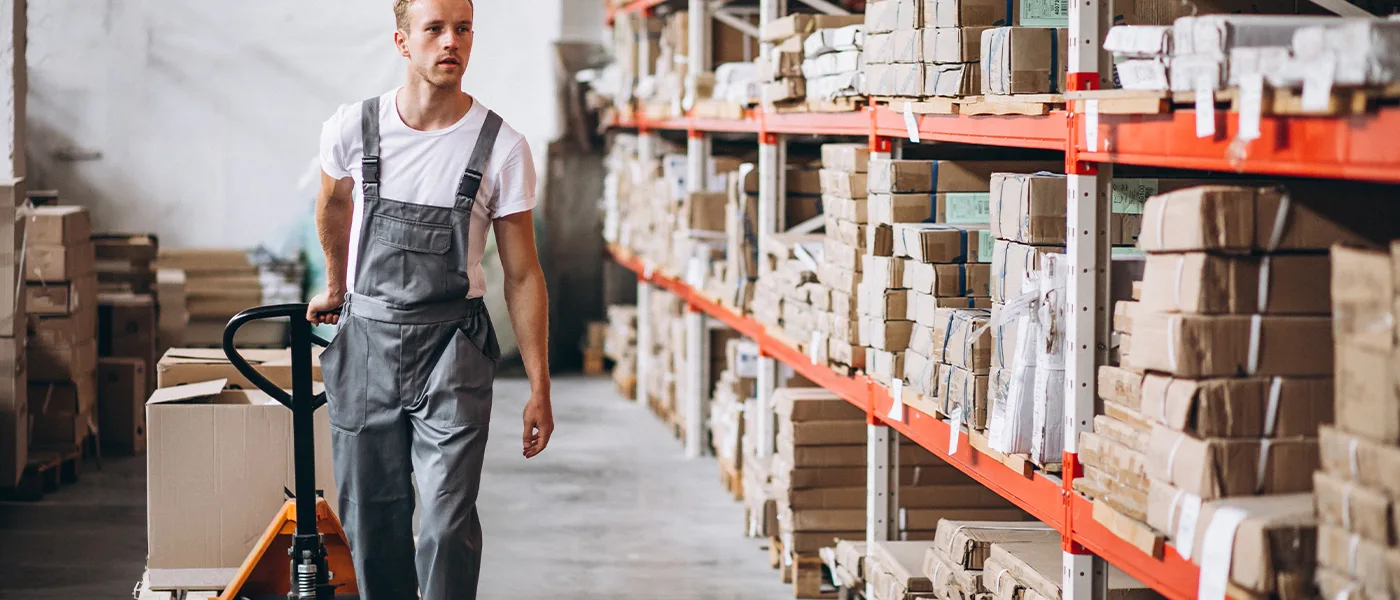Bogus buyers are a huge problem for online sellers since the world has gone digital. The bogus buyer problem has cost digital merchants a considerable amount of money, and lots of hassles especially when it comes to shouldering the costs of return shipping and the like.
Although there are anti bogus buyer laws, most digital selling platforms such as Shopee, Lazada, and TikTok Shop have gone out of their way to implement policies to deter bogus buyers from operating and mitigate the risks of being victimized by fraudsters online, some slips here and there cannot be avoided. Sometimes, there would still be cases of fraudulent shopping activities, most especially for new sellers who are overly excited about fulfilling that first order.
In this article, we will briefly explain to you what bogus buyers are, give you a peek at how they operate and how to spot them, ways to avoid them, and the benefits of having a logistics partner to lessen cases of fraud when selling online.
Meaning of a Bogus Buyer
Bogus buyers are internet dwellers who either make a living or are just lurking around feigning interest in your products, only to leave you hanging at the last minute. The ultimate goal is to scam or fool an online seller.
Some examples of bogus buyer activities include ordering an item, usually via cash-on-delivery (COD), or other post-delivery payment options, and either denying they ordered the product, or inputting an invalid address, making successful delivery impossible. Some bogus buyers also declare that their received items as “damaged” or use other made-up reasons to avoid paying for the product.
Instances of being victimized by this type of online fraudster might often discourage sellers from offering the COD option (which can affect the size of your potential market) or quitting online selling altogether. Recently, the term “joy reserver” has been coined to refer to online buyers who reserve items, only to cancel checkout at the last minute.
Bogus Buyer vs. Joy Reserver
While they share similarities with bogus buyers, it is particularly important to note the distinction between a bogus buyer and a joy reserver. And while some joy reservers can qualify as bogus buyers at the same time, not all joy reservers are bogus. We must distinguish to apply appropriate actions and not cause any undue reputational damage.
Most joy reservers are enthusiastic about buying your product and will engage with you through chat asking about the features, the price, and the delivery options available, and will promise that they will buy, only to flake at the last minute.
For sellers in Shopee and Lazada, this takes a different form because sellers are more protected since an order will not be placed unless there is a payment option selected. But it still can happen, especially with COD orders. When you’re already fulfilling the order, the customer will contact you asking for a cancellation.
Electronic payments are safer for sellers. Cash-on-delivery options are riskier, but not offering COD can in turn reduce your potential customers, thus putting sellers in a tough balancing act.
Beware though, while some sellers resort to public notices by name-dropping some “joy reservers” and “bogus buyers,” some people who are tagged as joy reservers have valid reasons for canceling at the last minute, or even after checkout so you may want to always remind yourself to keep a calm mind, communicate with the said customer before taking any further action, as a public notice might constitute defamation and legal counter-action can impact you and your business.
Laws Against Bogus Buyers
Instead of resorting to public shaming, which can be your knee-jerk reaction to the hassle of falling victim to fraudsters, you might avail of the reporting mechanisms available on the Shopee, Lazada, and TikTok Shop platforms. After due processing, these bogus buyers can be banned on the respective platforms to which you report them. Just make sure you have concrete and sufficient evidence.
In case you encounter some person engaging in fraud repeatedly and want to take necessary prosecution under state laws, you may want to educate yourself on the different anti bogus buyer law and policies protecting commercial transactions in different countries. Most of these laws are extended to or are specifically crafted to address issues in e-commerce transactions. Take note also that most acts done by bogus buyers constitute fraud and/or cheating, so laws about these may also apply.
Be sure to check out the laws and their provisions from some territories in Southeast Asia:
Singapore. Section 415 of the Penal Code.
Malaysia. Penal Code (Act 574) and other civil remedies.
The Philippines. Article 1335 of the Civil Code and Article 315 of the Penal Code.
Thailand. Section 341 of the Criminal Code.
Indonesia. Article 378 of the Criminal Code and Law Number 11 of 2008 on Electronic Information and Transactions.
Remember though that under these laws, you must prove that fraud, as described being a criminal offense, was in fact committed. If the bogus buyer cannot be proven to have obtained the product through deceitful means, it may be difficult to prosecute them. With the increasing prominence of e-commerce in different Southeast Asian countries, we can expect legislation to be updated to reflect the dynamic conditions and situations we’re in soon.
6 Steps to Avoid Bogus Buyers
Prevention is better than cure, ah, that age-old adage. But it rings true, even up to this age of digital marketing and online selling. Here are some steps you can take so you can reduce the risk of being fooled by “bogus buyers” to ensure your business achieves stability and does not suffer unnecessary losses.
Do background checks
Background checks can constitute looking at the profiles of potential buyers as soon as they place their order or inquire about your product. The rule of thumb in engaging online is to look for tell-tale signs. Look at their name, does it sound like the name of a real person? Is their profile picture in a passable resolution, and looks like it was taken by an actual, living potential buyer?
You might also want to look at the date of account creation. Look into other necessary information such as contact numbers, billing addresses, and email addresses. Aside from being able to verify if the customer is real, the aforementioned information is necessary in case you must follow up with them should any problem or issue arise, so it’s best to take note of these.
Implement reservation rules
Rules are a way to mitigate harmful actions. And you can also implement seller safety protocols for your store. Not only can you protect yourself, but a streamlined process can make your transactions faster and more professional. In turn, customers will be more likely to trust that you are a legit seller, so it’s a win-win.
If you have a website outside selling platforms such as Shopee, Lazada, and TikTok, you might want to implement a strict reservation rule. Say, for example, if the customer does not check out the product or pay for it within 7 days, then all orders will automatically be canceled. A legit buyer will understand this simple rule and will just reorder the product once they have secured their capacity to pay, so it wouldn’t cause waves that can hurt your business.
Require complete and accurate information
When we say complete information, we’re just talking about all those necessary to fulfill the entire delivery process, those that matter in the shipping labels, and return shipping, such as their full name, address, and contact number. For security purposes, we may also require secondary contact details, in case we do not get proper responses from the main ones.
We also must make sure that the information provided is accurate. Be on the look for weird-sounding names or aliases, made-up addresses, and unresponsive contact numbers. If your emails bounce back, or if when you call the number, it is revealed to be unregistered, do not push through with the order, and just report the account through the proper mechanisms.
Communicate and engage with potential customers
On all fronts, communication is key. As an online seller and marketer, you most probably have the skills to discern whether you are talking to a genuinely interested potential buyer or a malicious scammer. Aside from basic details, you could also ask a few questions about their preferences for the product you’re selling, you can offer them different variants, and scoot in some promos. Talking is engaging but talking is also gauging. It is necessary to view this especially important aspect of sales as trust-building that goes both ways.
Take note though, this is only one way of determining whether the customer is a fraud. Some fraudsters, especially those operating in highly organized syndicates, may be able to pose as real people online, so you may have to counter-check using the other steps provided in this article.
And while you’re at the talking stage, you may also do the smart move by giving them an orientation on your reservation and return protocols.
Keep transactions within the platform
Because selling platforms provide protection and deterrents, scammers will go out of their way to lure you to communicate and transact outside the app or site. Do not fall for this. Sometimes, a potential buyer will ask for your contact details because they would say that they want to buy wholesale or in larger amounts, but they only want to scam you or extract some sensitive personal and financial information.
In case you encounter this, you may opt to be on the safer side of things. Insist to transact only inside the platform and tell them that you will contact the site’s Seller Support service so they can assist you in fulfilling the orders according to their wishes. Treat your platform as your business partner as they will be the ones to protect you from massive losses in case unforeseen things transpire.
Implement a return protocol
Many return protocols could be put in place to avoid scams. Your best bet would be to ask for proper documentation such as photos or videos of the product as received to ascertain if there truly was damaged upon receipt before you commence the return process. You might also want to verify with your logistics provider. Most couriers require photos and others, detailed reports on the item’s condition upon receipt.
There are also some varying protocols on who should shoulder the shipping expenses of the return: sometimes it would be the seller, or at other times, the buyer. Whichever you choose, make sure that this is inconspicuously stated on your return policy to avoid confusion and violent reactions from buyers.
How A Logistics Partner Can Help
Before you proceed with your crusade against scammers and bogus buyers, we’d like to tell you that you are not alone. Logistics partners such as the major third-party logistics providers have ramped up their systems to prevent scams from happening to online sellers.
Most have cash-on-delivery options that have greater protection than other modes of delivery (for example, meet-ups). Some couriers charge a COD fee which acts as a protection and gauges whether the buyer is serious. When you also work with established 3PL providers, you can be more assured that the money paid via COD is handled properly.
Even better than partnering with your trusted 3PL provider is availing the services of a logistics engine. A logistics engine fuses groundbreaking, integrative software with a strategically laid out network of warehouses, hubs, and partner 3PL providers.
When you work with a logistics engine, you get to sit on your chair and let professionals handle the fulfillment for you. With logistics engine Locad‘s intelligent shipping system from the warehouse nearest to your customer, deliveries are faster and returns easier. With 3PL partners, reports of inaccurate shipping addresses and non-payment by certain customers can be seen via your centralized sales management hub in real time.
So, before you go, we highly encourage you to make that call with a logistics engine services agent, discuss your needs, and start working together. With the help of a logistics engine, never be fooled again!

